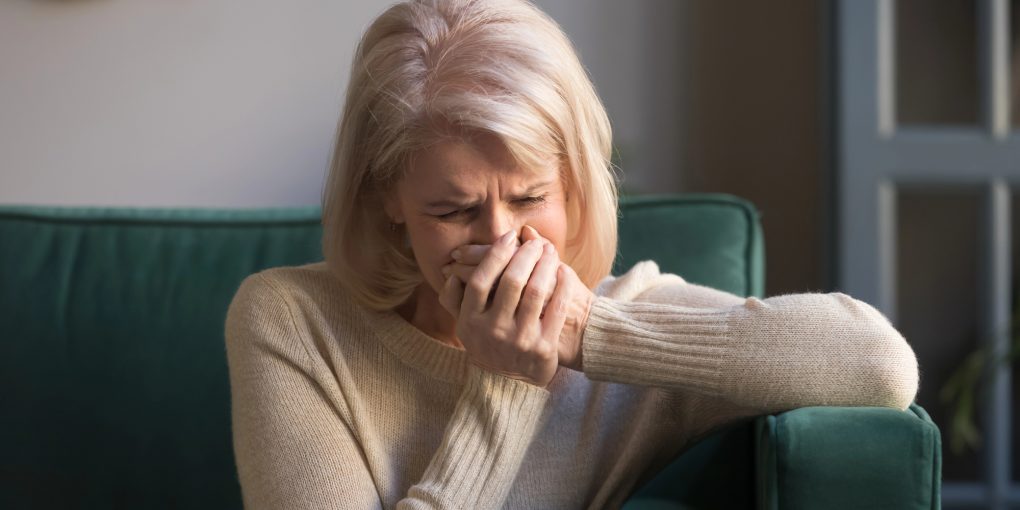How grief and loss affect aging
Losing a child is unimaginable. It’s not fair. It shouldn’t happen. The wide range and depth of emotions can only be understood by someone who has also lost a child. Studies now show the effects of grief and loss extend beyond the intense emotions. Grief and loss also significantly impact biological aging.
You know how powerful and heavy grief is. A myriad of emotions, from grief, sadness, anger, and perhaps depression and loneliness, rush in after you lose a child.
However, what’s not so widely understood is the real, tangible effects on your physical and mental health.
A study published in July 2024 by JAMA Network Open, conducted by researchers at Columbia University in New York, found that those who experience a loss of a close family member or child are associated with signs of accelerated biological aging.
Biological aging is “…the gradual decline in how well your cells, tissues, and organs function, leading to a higher risk of chronic diseases. Scientists measure this type of aging using DNA markers known as epigenetic clocks.”
The pathways grief takes
Grief impacts your health in three main ways:
- Psychological distress from the loss
- Changes in health behaviors
- Stress levels increase from grief
The impact grief has on your health
Physical health:
Grief can lead to stress. Stress is known to affect the immune system. Chronic stress can make you more susceptible to illnesses, heart problems, and other health issues. Fatigue, digestive issues, or pre-existing conditions, such as high blood pressure or arthritis, can worsen.
Mental and emotional health:
Grief can often lead to depression or anxiety, especially if you feel isolated or unsupported. This can make it harder to engage in activities or maintain the social connections that are so important as you age. Cognitive functioning may also be affected, as sadness and stress can impact memory and concentration.
Sleep patterns:
Are you having trouble sleeping? After a loss, many experience changes in their sleep, whether it’s difficulty falling asleep, staying asleep, or waking up too early. Poor sleep, in turn, can exacerbate other physical and mental health issues.
Loneliness and isolation:
Losing loved ones, especially a child, can lead to a loss of purpose and even profound loneliness. That can trigger depression and isolation. Without the support of a close community or regular social interactions, this loneliness can magnify and even lead to feelings of despair.
Cognitive effects of grief
As a woman over 50, grief can compound the natural aging process and lead to further health decline through:
- Increased risk of severe health problems due to stress combined with any existing health issue
- More confusion, forgetfulness, and other cognitive problems
- Nutritional issues and changes in appetite
- Heightened social isolation, which itself increases mortality risk
Fear of life collapsing
Results of a study to explore how older parents cope with the death of their child were published in BMC Psychiatry in February 2024 by Azade Safa, Mohsen Adib-Hajbaghery, and Mahboubeh Rezei. The participants in this study were between the ages of 61 and 85.
The results say, “The main concern of older adults was the fear of their lives collapsing following the death of their child.”
Three strategies that helped
In the study published in BMC Psychiatry, participants used three main strategies to address their fear of their lives collapsing after the loss of their child.
- Connecting to a Higher Power
- Finding some positivity amid the grief
- Rebuilding their life
The analysis of this study revealed that “improving physical, mental, and spiritual capacities” was vital. Personal growth and improved social relationships helped rebuild their lives after the loss.
When I was in the depth of grief from losing Liam, I wasn’t aware of this study, but over time, I did all three of these. I had an amazing grief therapist who recommended in my first session that I find something positive to focus on that I could start immediately and continue once he passed.
These three strategies were essential to moving forward after losing Liam. I’ll share what I did in each of these areas to help me climb out of the black pit of grief and loss.

